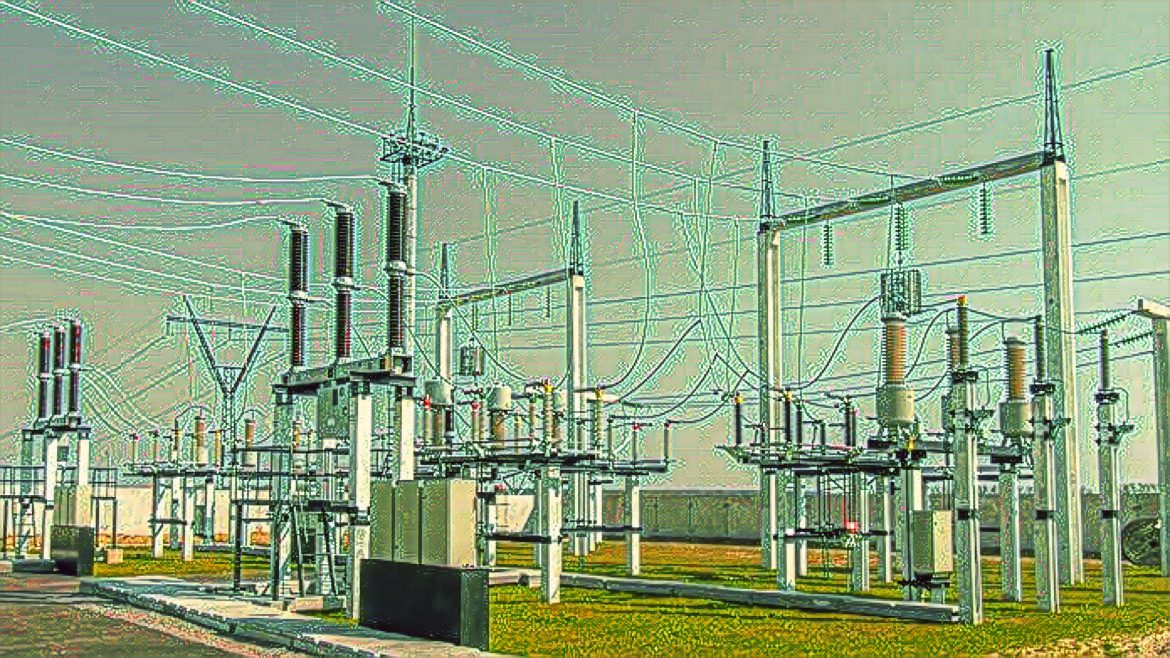KEY POINTS
- Nigeria’s national electricity grid has collapsed for the third time within a week.
- The repeated failures have caused widespread power outages, disrupting businesses and daily life.
- Authorities are investigating the cause, while experts call for urgent reforms in the power sector.
Nigeria’s national electricity grid has again collapsed for the third time in a week leaving most parts of the country in the dark and disrupting most business and homes.
The recent back-to-back grid failure incidents have revealed the inherent problems that have always been the bane of the power sector in Nigeria, which has been in a perpetual search for a way to supply power to the citizens.
Nigerians in the dark as grid failures reoccur repeatedly
The latest one happened in the early hours of Thursday, and many states in the country experienced severe blackouts in their major cities.
The breakdown is the third of its kind in the past one week and has brought into question the reliability of power structures in Nigeria. The national grid has been very volatile and these two failures have added to the woes of the people of Nigeria most of whom have to endure erratic power supply.
According to sources, different regions of the country, especially the economic capital Lagos and the political capital Abuja were most affected by the blackouts.
The situation has resulted into a great deal of disruption to such essential sectors as manufacturing, communication and health among others that require electricity in order of the day’s activities.
Punch reported that the Transmission Company of Nigeria (TCN) has accepted the grid collapse and informed the public that everything possible is being done to reconnect the power supply as soon as possible.
But these outages have repeated themselves and have led to criticism of the government’s performance in the power sector, with many people demanding that something be done to avoid future failures.
The situation is currently under investigation as experts demand changes.
The TCN has therefore embarked on an investigation to ascertain the cause of the recurrent grid collapses. Insufficient maintenance, technologically related problems and out-dated facilities might have been blamed for the constant developing faults.
The national grid which supplies power to the entire nation has for a long time required overhauls and repairs and this has not been done promptly.
Energy specialists have said that if changes are not made soon, the country may face repeated blackouts.
The main factors which have led to the current crisis include: underinvestment in new technologies; mismanagement and managerial lapse; and more significantly the absence of a viable and effective culture of maintenance.
Some are now advocating for a total restructuring of the Nigerian power sector, especially the distribution network for the grid.
Effects on everyday living and the economy
The power failures are not only inconveniences to the Nigerian citizens but are also affecting the economy in a big way. SMEs are facing a lot of challenges in running their operations as they are now forced to use expensive means like diesel generators.
The costs of self-generated power have become prohibitive and are reducing profits and slowing the growth of key sectors of the economy.
However, apart from the businesses, the multiple grid collapses have impacted the lives of millions of people in Nigeria. These outages are having a domino effect from food spoils due to lack of refrigeration to interrupted communication services.
The fluctuating electricity supply problem is also affecting such crucial human services such as health facilities and rescue services where electricity stability is paramount.
Hope for power sector reforms
However, there is optimism that these latest blackouts will force the government to act on the power sector’s problems.
Demands for privatization, increased investment in renewable power, and the use of advanced technologies in grid management have been rising.
Most people agree that with the right leadership and the right investments, Nigeria can now solve its perennial electricity problems and supply its people with steady power.
For now, Nigerians just hope that the current crisis will be solved soon and the power generation and distribution will become more efficient in the nearest future.


